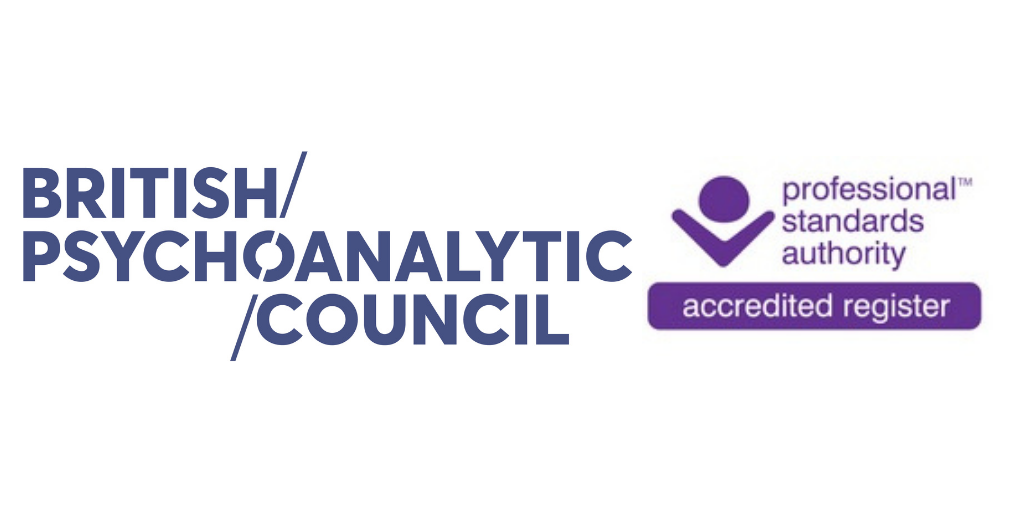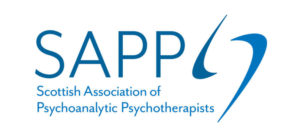Some thoughts from SAPP members June M.Campbell and Sharadha Bain regarding the coronavirus pandemic
From the time of Sigmund Freud, psychoanalytic thinking has evolved amidst periods of great crisis in our world. In the United Kingdom, Ronald Fairbairn, Melanie Klein, Anna Freud, Donald Winnicott, Wilfred Bion, and other great analytic thinkers created their ideas and theories of the human mind amidst the horrors and suffering of the Second World War.
Today, we, too, face an unprecedented crisis, one that has been called the greatest challenge of our lifetimes. Daily, we are confronted with reminders of our own mortality and that of our loved ones, as well as anxieties about economic survival, isolation and loneliness, and the collective worry about the breakdown of socio-economic structures that we have always taken for granted. This time of uncertainty is difficult for every one of us, and particularly so for those who have experienced earlier traumas in life that are now reawakened by the anxieties of coronavirus and the challenges of containing and managing it together.
However, it is important to say that alongside the very real anxieties of individuals, this sudden rupture in the fabric of reality opens up new and creative possibilities in terms of how we think about our own lives, and the world we share.
The tradition of psychoanalytic thinking in Scotland follows in the large-hearted spirit of Jock Sutherland, who established the Scottish Institute of Human Relations, an organisation dedicated to disseminating knowledge and understanding of the human condition across all aspects of individual and social life. It is from his egalitarian thinking about people as social beings that the Scottish Association of Psychoanalytic Psychotherapists emerged. Our members not only offer psychoanalytic psychotherapy to members of the public, but also support and advise colleagues in the helping professions – be they social workers, counsellors, psychologists, or nurses and doctors – as analytic psychotherapists, supervisors and tutors.
It is a privilege to offer support in facing these unprecedented times, in the hope that a sense of going-on-being feels possible and is sustained. In this spirit we maintain our faith in our capacity to rebuild our inner and outer worlds in the time ahead.
Corona, Climate and Grandma
Short, poetic video created by the International Psychoanalytical Association (IPA).
These articles below have been collated from our Twitter account from psychoanalytic sources worldwide
Psychoanalysis, Leadership and the Pandemic: An interview with Kerry Sulkowicz, MD, President of the American Psychoanalytic Association
Click here to listen to the podcast.
Elemental Catastrophe: Ecopsychoanalysis and the viral uncanny of Covid-19
Click here to read Joseph Dodds’s article.
Using theory drawn from Sigmund Freud, Melanie Klein and Donald Winnicott, psychoanalyst Merav Roth helps us see that “an external danger whose shape is not clearly delineated… gives way to internal scenarios.”
Click here to read Merav Roth’s article.
Social Media in Times of Coronavirus: a Paranoid-Schizoid Epidemic?
Our world is split. Both online and everywhere else. Psychoanalysis can explain some aspects of the split.
Click here to read Jacob Johanssen’s article.
A-tishoo, A-tishoo, We All Fall Down!
“Those citizens who have had to deal alone with early collapse of their world when little, may now fear its return as more dangerous than those of us, more lucky to have imbibed an internal maternal holding that allows us a certain resilience.”
Click here to read Dr Jonathan Sklar’s article.
Psychoanalysis in Time of Plague
“I don’t like listening to patients in my ear on headphones – I don’t use visual technology; it’s a Lacanian thing – I like listening to them in a room as two bodies.”
Click here to read Jamieson Webster’s article.
Protecting the Psychological Wellbeing of Healthcare Staff During the Coronavirus Pandemic
SAPP member Dr Anne Douglas has shared this very helpful booklet produced by the British Psychological Society.
Click here to read the booklet.

